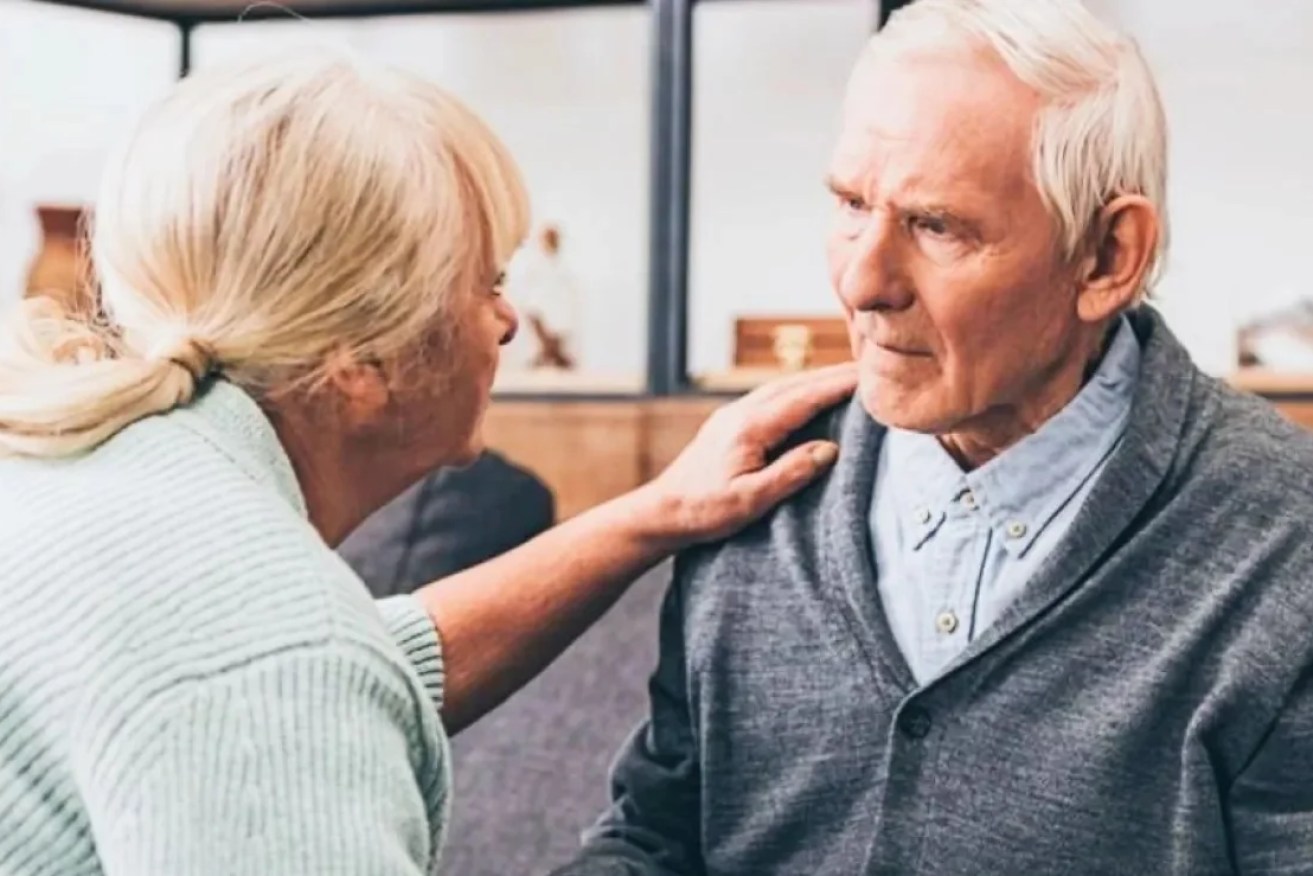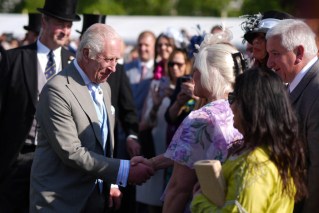Australians know little about dementia, landmark survey finds


Australia's knowledge of how to lower their risk of dementia needs improvement. Photo: Getty
More than one in five Australians mistakenly believe that dementia is a normal part of the ageing process. This suggests they believe dementia is inevitable. And they don’t understand what dementia is in the first place.
This is one of the main findings of a large survey by the Australian Institute of Health and Welfare (AIHW), the first of its kind.
The Dementia Awareness Survey tested more than 5400 Australians aged 18 and over about their knowledge of the disease. It also looked at attitudes towards dementia and people living with dementia.
This was an important exercise because the number of Australians living with dementia is expected to double by 2058. As it stands, according to AIHW estimates, there are more than 411,000 people living with dementia. (Exact numbers are not known.)
If Australians knew that they can lower their risk of dementia, we may change what is predicted to be a hard and costly future.
First thing to know
Dementia is not a normal part of ageing. It’s not inevitable. Forgetting where you put the car keys or losing track of conversation aren’t signs of dementia. With dementia you don’t know what keys are, or who the person is that you’re talking to.
Dementia includes the loss of cognitive functioning – thinking, remembering, learning, and reasoning – and behavioural abilities to the extent that it interferes with a person’s quality of life and activities.
While not a sign of natural ageing, the rate of dementia rises quickly with age – and perhaps this is where the confusion lies.
According to AIHW estimates, fewer than one person has dementia out of 1000 Australians aged under 60.
But 71 out of 1000 Australians aged 75-79 have the disease.
This increases to 429 people with dementia out of 1000 Australians aged 90 and over. That’s 42 per cent.
What Australians know and don’t know
According to the survey results:
A large proportion of Australians were able to recognise some ways to reduce their risk of dementia. These were:
- Being physically active, 77 per cent
- Being cognitively active (continuing study, for example), 77 per cent
- Being socially active, 70 per cent
- Cutting down alcohol consumption if they drink excessively, 72 per cent
- And preventing head injuries, 70 per cent.
However, only one in three Australians feel confident in their knowledge of how to reduce their risk.
And they weren’t overly knowledgeable about less known dementia risks or protective factors such as avoiding polluted air (35 per cent) and eating a Mediterranean diet (50 per cent).
Most Australians (99.6 per cent) are engaged in one or more behaviours that can reduce their dementia risk, but generally did so for other reasons.
Four in five Australians (83 per cent) agreed that they would be more likely to adopt lifestyle changes if they knew it may help them reduce their risk of dementia.
How we perceive people with dementia
There are several commonly held stereotypes about people living with dementia:
- Around two in three (67 per cent) people believed that people living with dementia needed constant supervision
- And that they are unpredictable (62 per cent).
On the upside, more than eight in 10 Australians (83 per cent) agreed that people living with dementia can enjoy life.
Also, 83 per cent said that it is possible to enjoy interacting with people living with dementia.
Fewer than one in 10 people reported that they would exclude a person living with dementia (8.3 per cent). Or ignore them (4.8 per cent).
“Dementia has profound effects on Australians, but despite this, our survey showed that the community generally has a poor understanding of dementia and actions that can be taken to reduce their dementia risk,” AIHW spokesperson Melanie Dunford said.
To get a better idea of how you can lower your risk of dementia, and the scale of the problem, please read a sampling of our reporting on the issue.
See here, here, here, here, here, here, and here.
..








